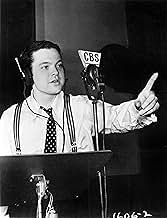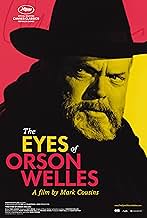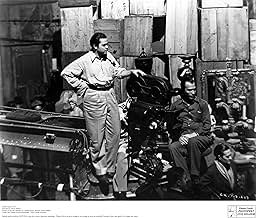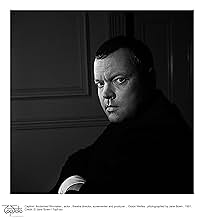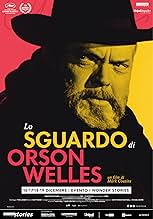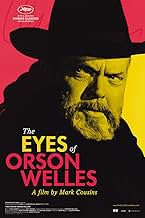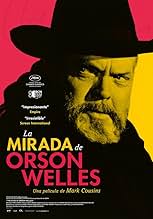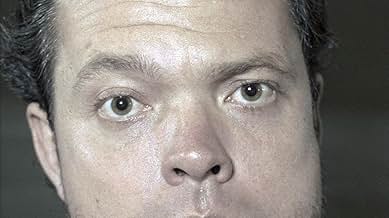In his imaginative take on the life of Orson Welles, Mark Cousins looks at Welles's personal sketchbooks - he was an inveterate scribbler, though he rarely went as far as to produce what we might call finished artworks - and sees the connections to his films, and to his life. This is not just a novel but also an interesting approach: film is a visual medium, but the visual side of a movie is the hardest thing to talk about: the sketches provide a key to the way that Welles conceived his tableaux. The other part of the thesis is that Welles's choice of movies tell us something about his private character. This is more contentious: does someone choose to play Falstaff, say, or film Don Quixote, because the character fits their own self-image? Maybe not, but Cousins gives us a credible speculation of how Welles' own character manifested itself in the work he produced, of how his films reveal the man who made them. Instead of a conventional narrative, Cousins prefers to engage in one half of an imaginary dialogue with the auteur: at times this is less successful, as when Cousins seems to impute a connection of Welles with Ireland that seems more important to him than he manages to convince us it was to Welles. Overall, though, it's a worthwhile endeavor: Welles's story is well known, its arc usually presented as tragic; but Cousins succeeds in making us view it through fresh eyes.

